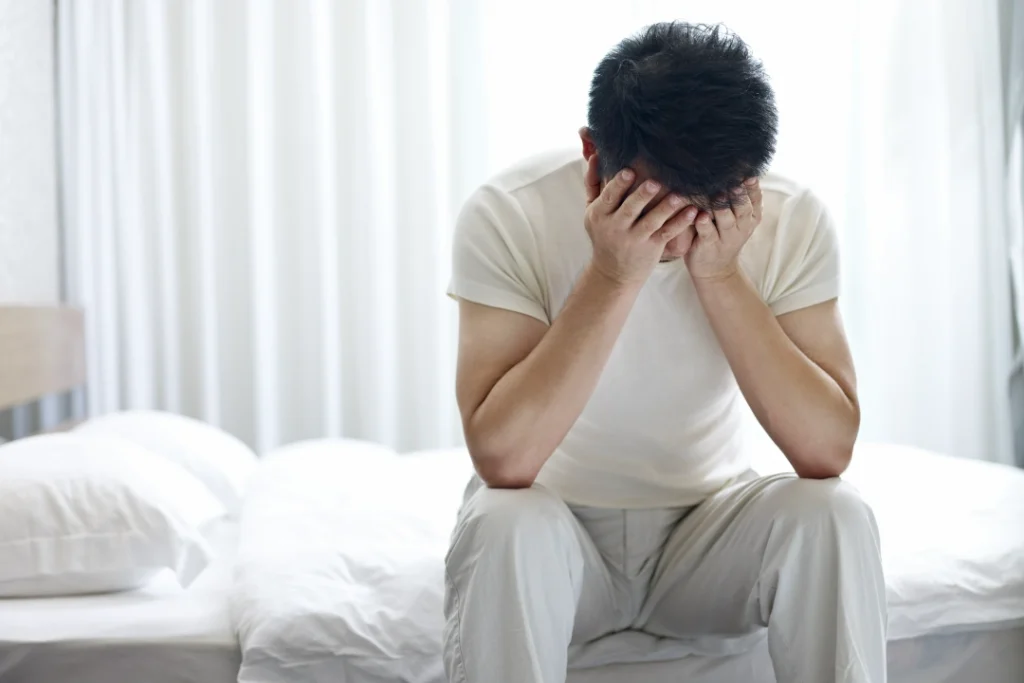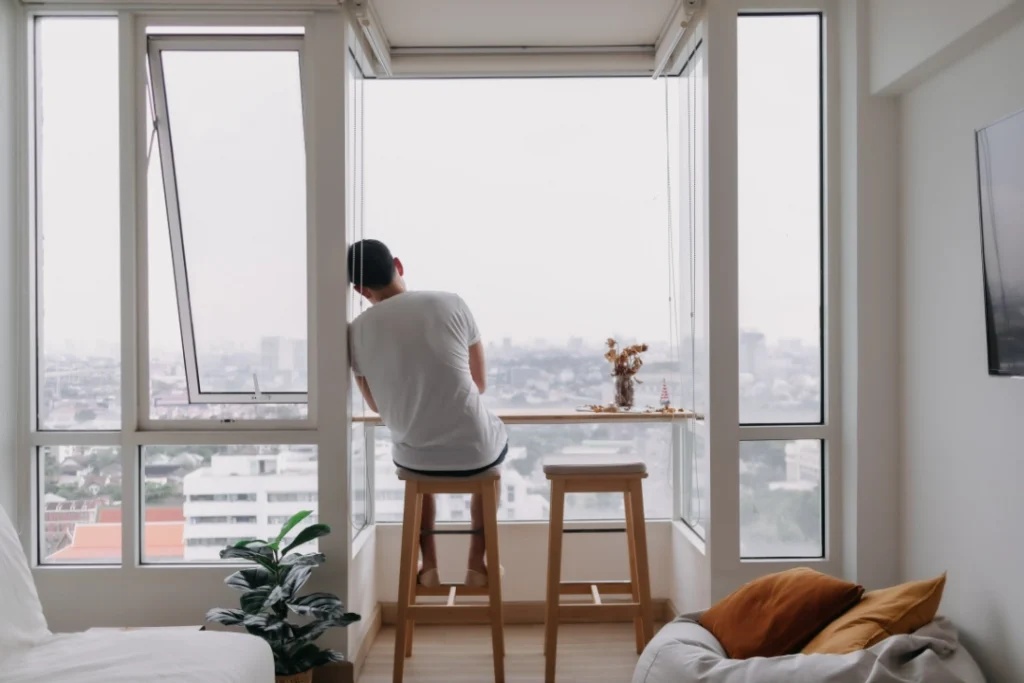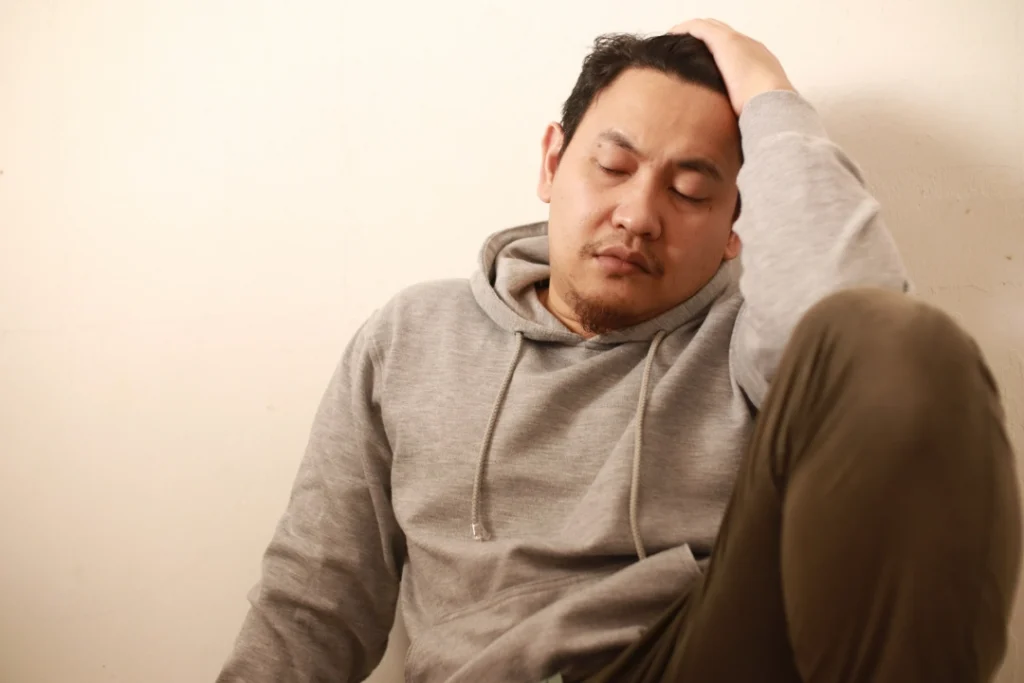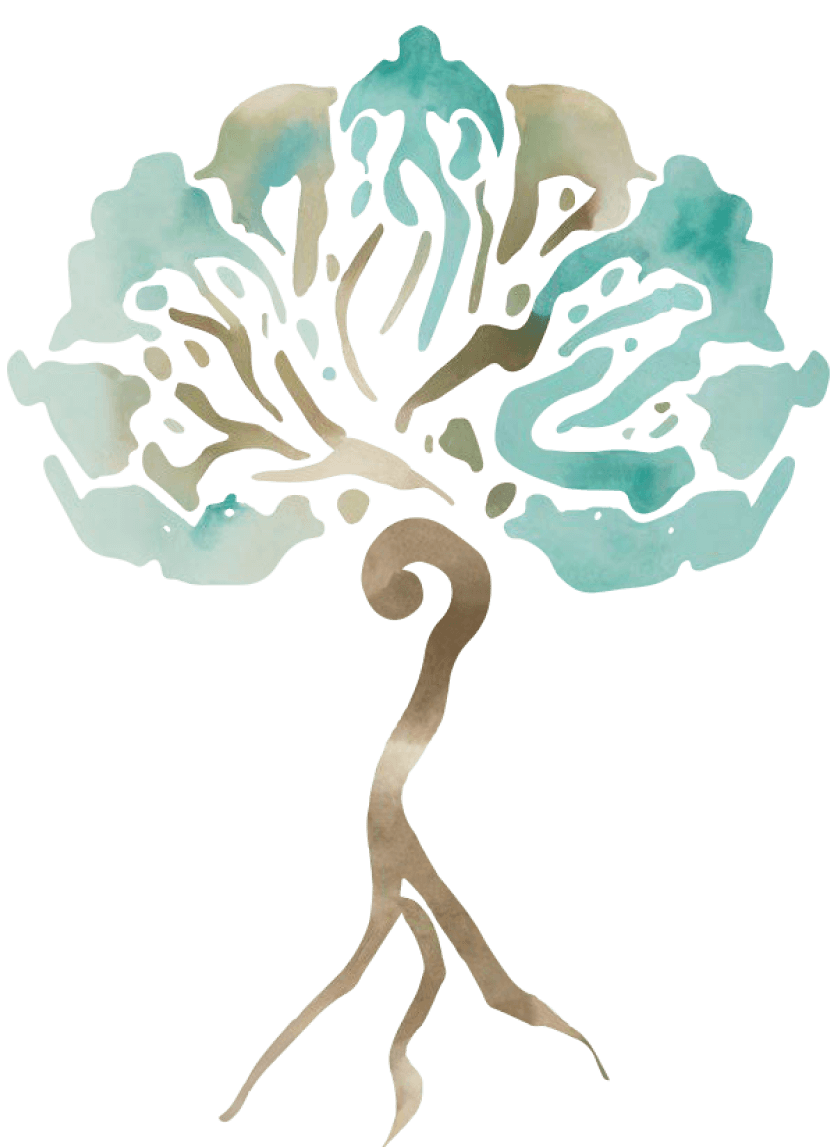Beyond the Stereotype: Confronting the Mid-life Crisis and Depression among Men
Commonly experienced in the lives of men around their middle age, goes beyond mere acts of reckless behaviours. Find out more in this article.
Key takeaways
- Mid-life crises in men are often existential struggles marked by unspoken psychological turmoil, grappling with aging, mortality, and unfulfilled dreams, potentially leading to depression
- Depression in middle-aged men may not present as classic symptoms but instead manifests subtly through irritability, excessive drinking, and social isolation, highlighting the need for better recognition of these signs.
- Societal pressures and stereotypes discourage men from seeking help, contributing to higher suicide rates, underscoring the importance of mental health support and interventions like counseling, therapy, and self-care strategies for men facing mid-life challenges.
Posted on 4 Jun 2024
Written by
Dr Jared Ng, Connections MindHealth
“Mid-life crisis” – a term casually thrown around in popular culture is often depicted as a time of impulsive decision-making, like buying a flashy sports car, ending years of marriage to engage with younger women, or taking up an extreme hobby. For many men, the deeper psychological struggle is seldom acknowledged. It’s these unspoken realities we need to confront.
This so-called “crisis”, commonly experienced in the lives of men around their middle age, goes beyond mere acts of reckless behaviours. It is an existential struggle, a silent cry for help as they grapple with aging, their own mortality, a sense of lost youth, and unfulfilled dreams. In many cases, this mid-life crisis may act as a trigger or precursor to depression, a debilitating condition that remains under-discussed and poorly understood when it comes to men.

Depression in many of us men does not necessarily present itself in textbook terms; it’s not always the profound sadness or hopelessness that we read in books or off medical websites. Instead, the condition may manifest subtly – an increasingly quick temper, heightened irritability, excessive drinking, a sense of losing control, dwindling work performance, and social isolation. The ability to spot these symptoms is the first step in recognizing the suffering that many middle-aged men are enduring.
Stereotypes and societal pressures seem to play a significant role in this complex problem. Men are often conditioned by society to be the ‘strong’ ones, taught to mask their struggles and suppress their feelings. As a result, they are less likely to seek help due to fear of appearing weak or vulnerable. A heartbreaking consequence of these challenges is the higher proportion of suicides happening in men compared to women – a troubling statistic in many parts of the world, including Singapore. This underscores the urgency of addressing mental health issues among men, especially those in mid-life facing a unique set of stressors.

When I think back to my patients, their stories of struggle share common threads. Marital discord, often resulting from fading passion, ill-placed romances, fraught divorces, the enormous responsibility of parenting, professional stagnation, financial problems and other life disappointments, all form part of a melancholic tapestry. As they navigate the terrain of middle age, the harsh reality of mortality, financial pressures, medication side effects, physical health changes, lifestyle factors, and hormonal changes further compound their psychological burden.
In Singapore, it’s particularly poignant to see these men, hailed as pillars of their families and societies, crumble under such weight. Yet, it’s this very reality that can propel us to institute change, to introduce a comprehensive roadmap to recovery.
As a mental health professional, I have found that a combination of medication, therapy, and self-care strategies can significantly alleviate depressive symptoms. Access to good quality counselling, psychotherapeutic treatment, and the appropriate use of medication, are extremely useful in tackling the symptoms of depression.

But equally important is the adoption of self-help strategies. I encourage my patients to establish achievable goals, create a strong support network, practice stress-management techniques, and delay significant decisions until their depressive symptoms subside. Prioritizing self-care, they learn, is as crucial as meeting work deadlines or family obligations.
The road to recovery is not linear, and relapses are part of the process. However, with timely intervention and sustained treatment, I have seen my patients reclaim their lost zeal, rekindling their passion for work, hobbies, and their relationships.
Depression does not discriminate. It can target anyone, regardless of age, gender, or status. However, by acknowledging its unique manifestations in middle-aged men, by understanding and addressing the multitude of factors contributing to its onset, we can begin to make a difference. For every man in Singapore navigating the turbulent waters of mid-life depression, remember this – it’s okay not to be okay, and help is available. You are not alone.

